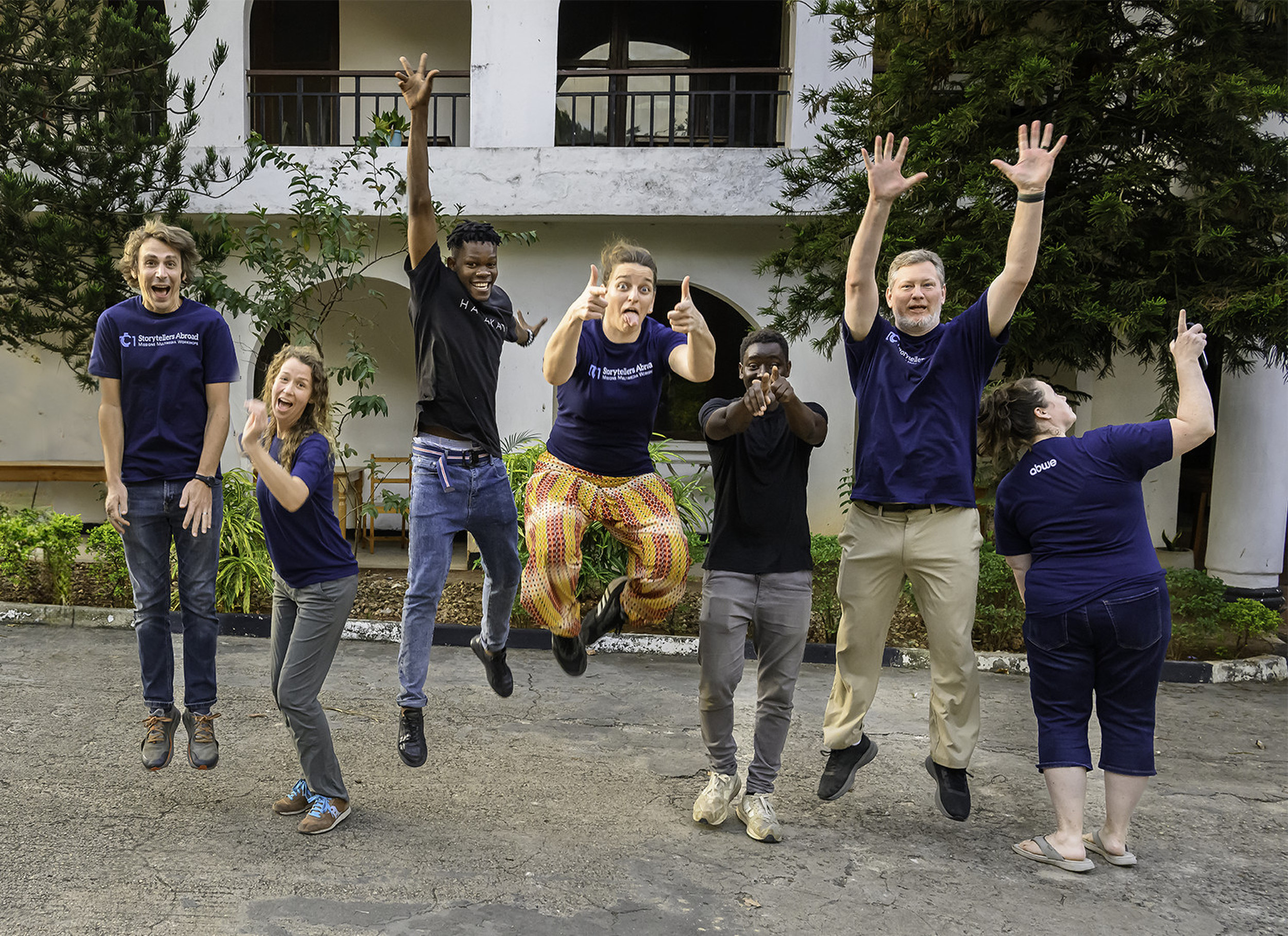Caption: The storytellers behind the lens—capturing purpose in action. I stayed behind the camera for this one, but this post is all about their stories (and yours).
Not long ago, I encouraged a friend who’s been serving faithfully for years with a missions organization. She’s done everything from writing and photography to mentoring students and even caring for animals on campus. Every time I’ve gone to teach at this organization, she’s been right there helping make it all run smoothly behind the scenes.
Like many in ministry, she recently put out a call for support. She shared her story and included a few links, but mentioned that people weren’t clicking. Donations had come in—thank God—but engagement was low. And that got me thinking about something I’ve seen often over the years:
Even when people know you, they can forget why you do what you do.
That “why” matters. When we don’t communicate our purpose, we risk people viewing our support requests as personal needs rather than an invitation to join a bigger mission.
In my consulting work, I see this all the time. A passionate nonprofit leader or missionary will share their heart, maybe even their backstory, but skip the vital part: What are you doing now? What is God doing through you today—and why does it matter?
Here’s one simple but powerful tip I always give:
🔥 Storytelling Tip: Always connect your past to your present purpose.
It’s easy to fall into the pattern of telling how God led us to where we are, but then we forget to say what we’re doing now and how that connects to the bigger mission. Your audience may love your story, but if they don’t know what you’re currently working on—or how it impacts others—they won’t feel invited to join the journey. Always link your background to your current purpose.
I believe support raising is more than fundraising—it’s vision casting. It’s not about asking people to help you, but inviting people to allow God to work through you.
If you’re someone in ministry and you’re not seeing the response you hoped for, take a moment to revisit your story. Is your current mission clear? Are you giving people a way to connect their support to transformation?
That one shift in your storytelling can make all the difference.

